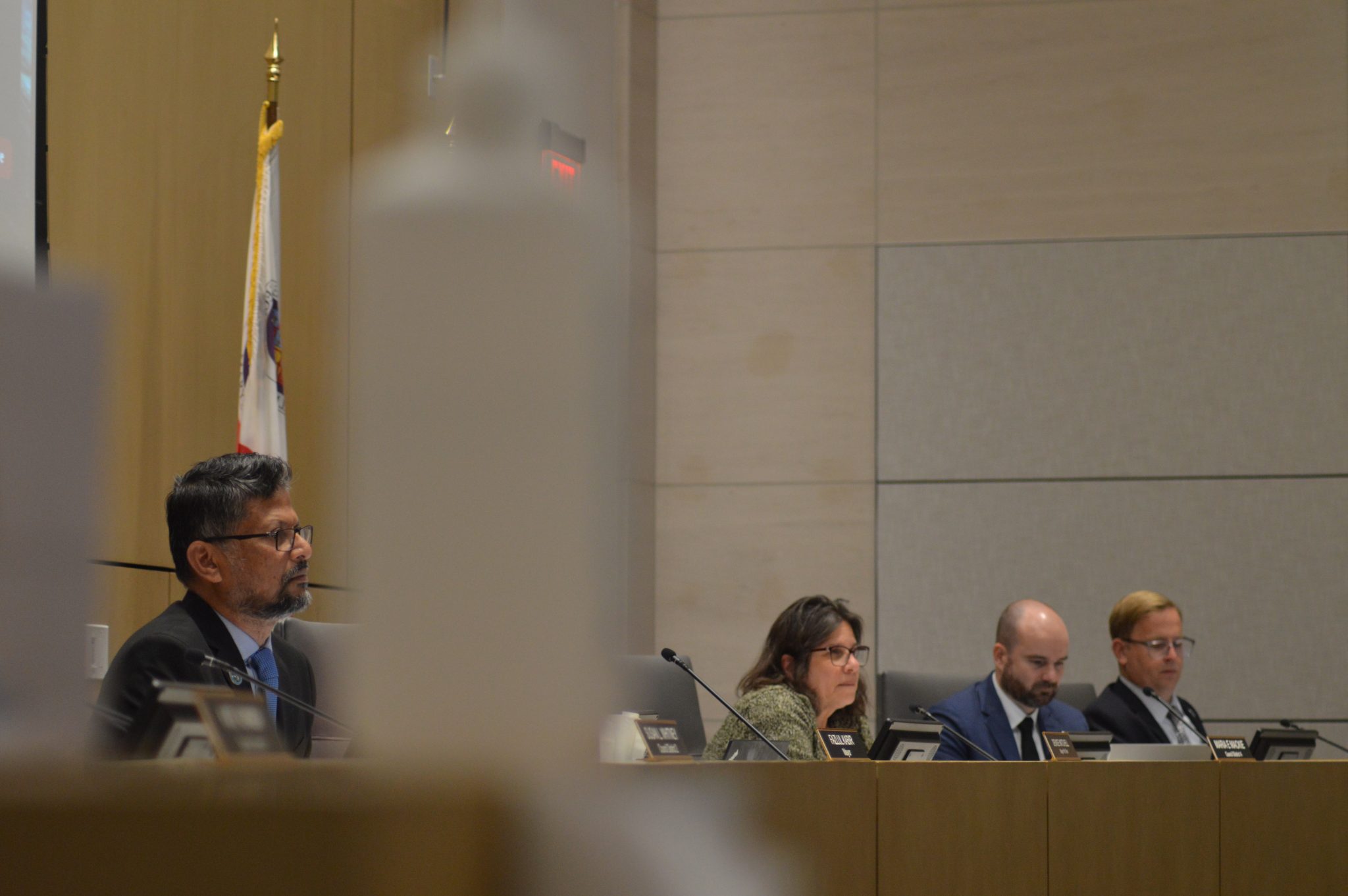CORRECTION: A previous version of this story incorrectly stated voluntary contributions could fund a business improvement district in College Park. This story has been updated.
College Park could see the development of a formal business improvement district on Route 1 and a slew of other initiatives to promote small business strength and housing affordability, according to an economic development presentation given at Tuesday’s city council meeting.
Economic development is one of 10 objectives in the city’s 2021-2025 strategic plan, which aims to embrace College Park’s older and resident-centric features while creating a newer feel that is appropriate for a college town. City staff is partnered with HR&A Advisors, a real estate and economic development consultant firm, to accomplish this.
Part of the city’s plan includes the creation of a business improvement district — a self-taxing district established by property owners to enhance the economic vitality of a specific commercial area. Business improvement districts can “create collective economic benefits for their members that cannot be achieved on an individual basis,” according to the U.S. Department of Transportation.
[College Park City Council continues vacant, blighted property tax discussions]
Tuesday’s city council presentation came amid a rise in concern from students and city residents about College Park’s economic development — sparked by the closure of Campus Village Shoppes and release of detailed site plans for Terrapin House.
Michael Williams, the city’s director of economic development, discussed the importance of preserving the city’s character while still developing it in new ways.
“We can’t be in a rush to be someone that we’re not yet,” Williams said. “It’s going to develop in time.”
HR&A Advisors director Rachel Waldman hopes College Park’s economic development plan will create “direct pipelines” between the University of Maryland and local businesses and aid the Purple Line’s ability to connect the city to the region.
“That’s exactly the kind of transit program that’s needed to make people want to work and live in College Park,” Waldman, who gave the presentation, said.
The presentation also focused on how College Park can draw visitors when school is not in session through increased programming. During the summer months, Waldman said many college towns across the country focus on hosting “a robust set of programs designed to bring in the outside community.”
District 3 council member Stuart Adams also emphasized the importance of attracting visitors from this university to downtown College Park during the academic year.
Adams said hundreds of thousands of visitors who descend on the city for big events at the university “get in and get out” because they want to avoid traffic in the city’s downtown and other areas. College Park must use these visitors to build up their small business landscape, Adams said.
“How can we make it so they’re stopping and actually engaging in College Park?” Adams said.
Community members attending the meeting applauded Waldman’s suggestion that College Park “diversify its housing” through more affordable multifamily construction and the establishment of a new senior care facility.
[College Park businesses could receive up to $200K through business retention fund]
“One of the things that we’ve learned a lot was the need for residents who love College Park who want to be able to stay in this community,” Waldman said.
District 2 council member Susan Whitney emphasized she would want grants for small businesses alongside the plan. She raised concerns that making College Park more attractive to visitors could raise rent costs for businesses.
Kate Kennedy, who represents District 1 on the council, also raised the different economic needs of north College Park compared to the city’s downtown and southern areas. Strategies in north College Park must cater more to long-term residents than strategies for downtown areas, Kennedy said.
“We have very different strategies for north College Park and south College Park,” Kennedy said. “As a city, are we saying we are a destination because of north College Park or because of south College Park because of the purple line, because of the university?”



